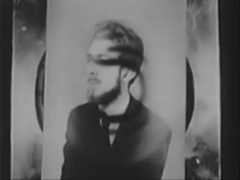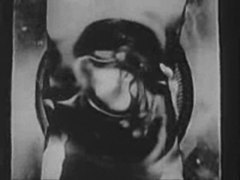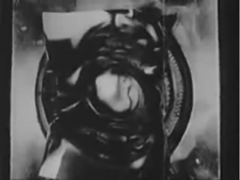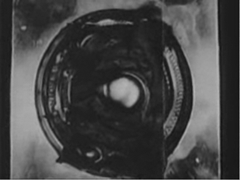With 75 percent of all college students on Facebook, and websites like New York Times becoming social-network aware, it’s not surprising that in just a few years, for many, social networks are the preferred method for staying in contact (rivaling email, phone and instant message, which are in themselves new technologies). And we should expect this trend to continue; there are even social networks for toddlers! Ostensibly this means that associations from the moment we are born will be cataloged and easily recalled.
It’s a bizarre prospect but it seems like that’s where we are headed.
Having all this information about your social group so readily available reminds me of a point Dan raised in the post “The Persistence of Memory,” where he compares the internet to the story of Funes, a man who after an accident finds himself with perfect memory:
Give it time, though: in a decade, there will be a generation dealing with embarrassing ten-year-old MySpace photos. Maybe we’ll no longer be embarrassed about our pasts; maybe we won’t trust anything on the Internet at that point; maybe we’ll demand mandatory forgetting so that we don’t all go crazy.
If the internet, like Funes, can haunt us with our memories, I think it can also rob us from the need to recall.
A few months ago I met with an old friend, who I had not seen in years, and his wife. The next time we met he told me that his wife recognized me and that when she looked through old class photos she found a photo of us sitting next to each other in first grade. “What’s her name again!” I asked excitedly and wave of memories came rushing back to me. It’s as if the act of unlocking memories (as long as they are not unpleasant memories) opens a valve that briefly activates all your emotions at once; like picking up the scent of an old lover.
Dunbar’s number states that 150 is the maximum number of individuals we can maintain social relationships with. I wonder if the excitement occurs when the person falls off your “Top 150” and quickly get backs on. It’s interesting to think that these sorts of serendipitous encounters might become much less common as you have access to the whereabouts of everyone you’ve ever encountered, cheapening each realization and never allowing anyone to fall off the list for long enough to make it unique.






